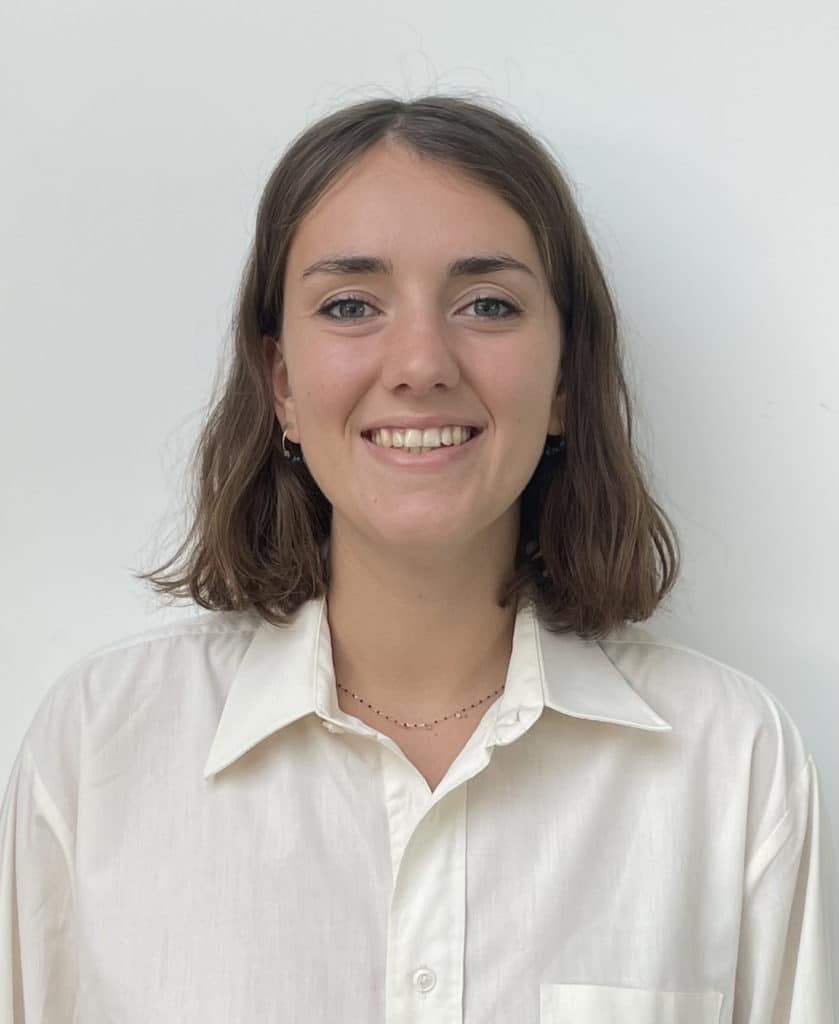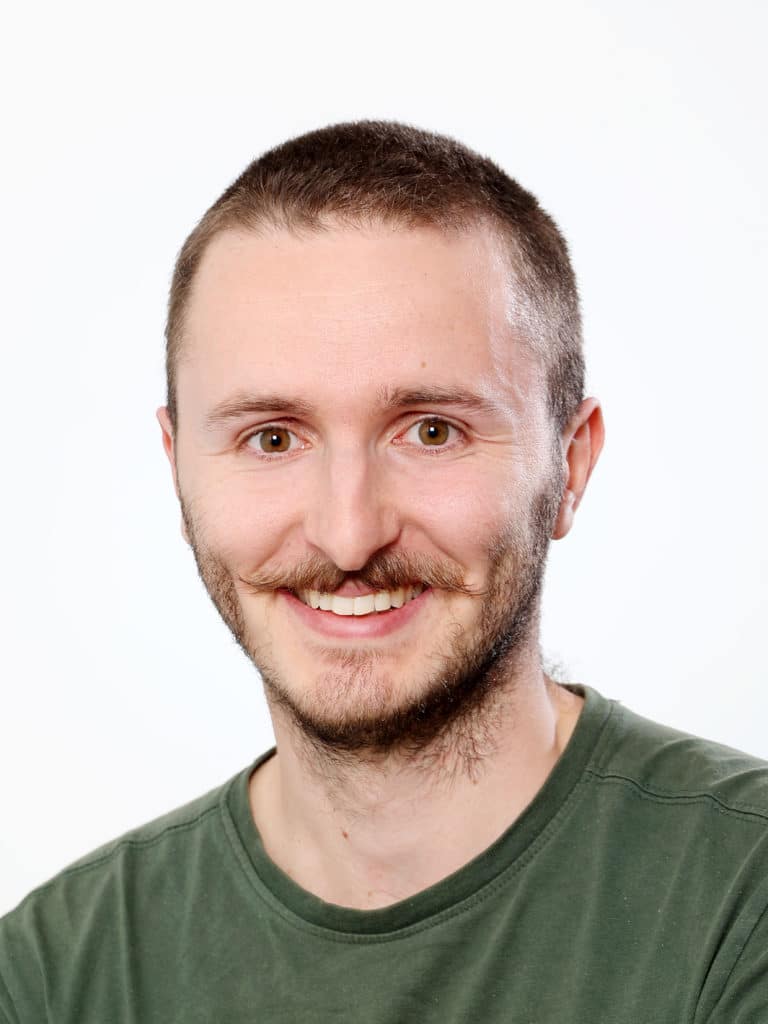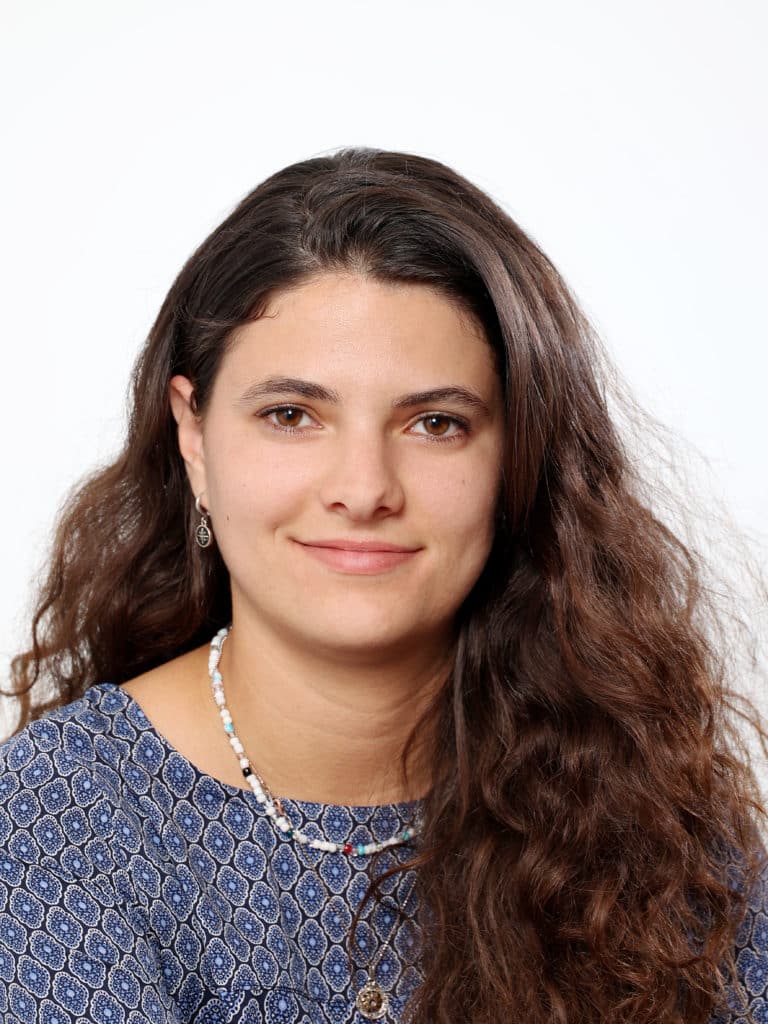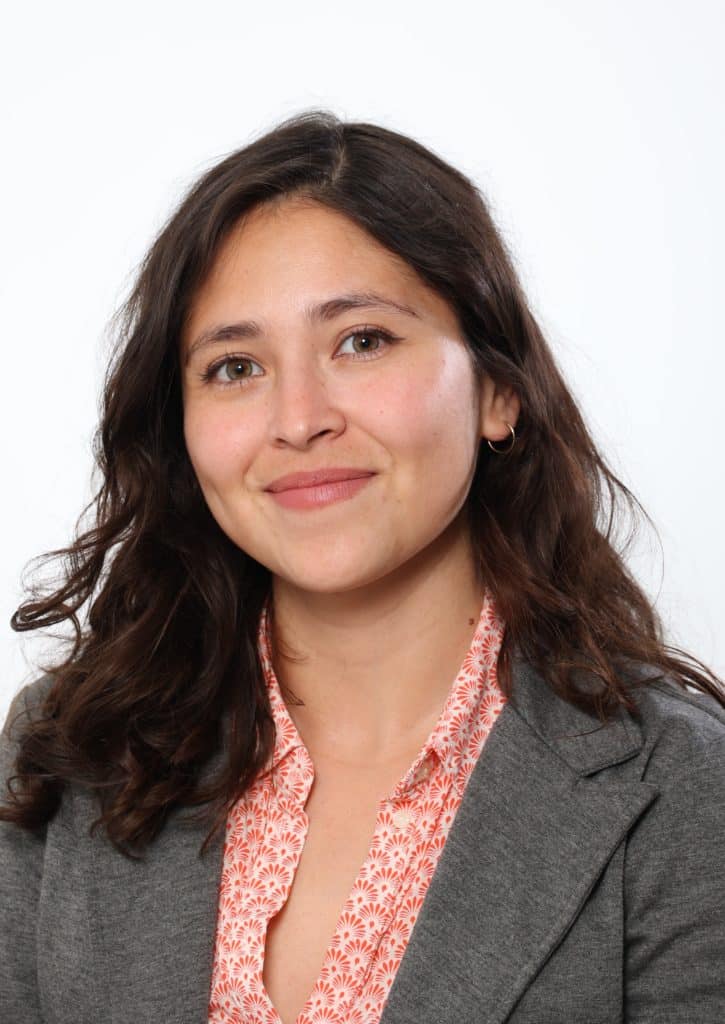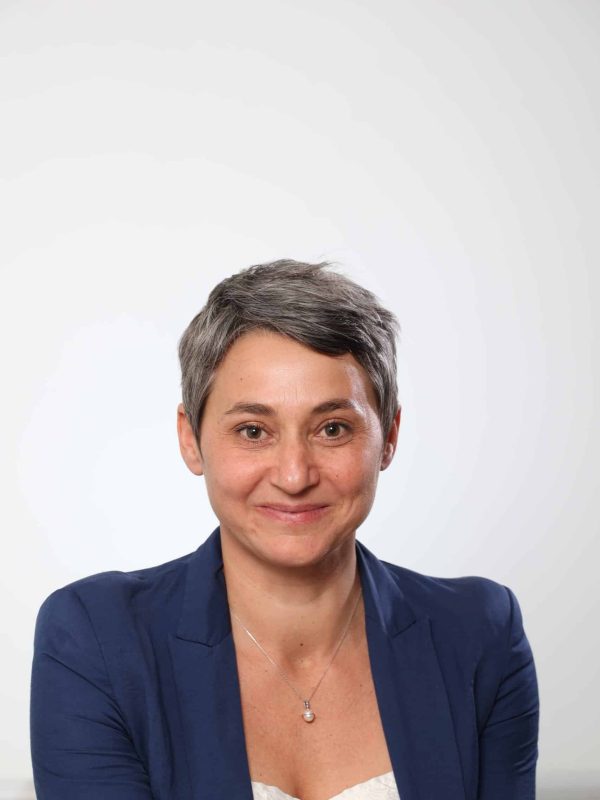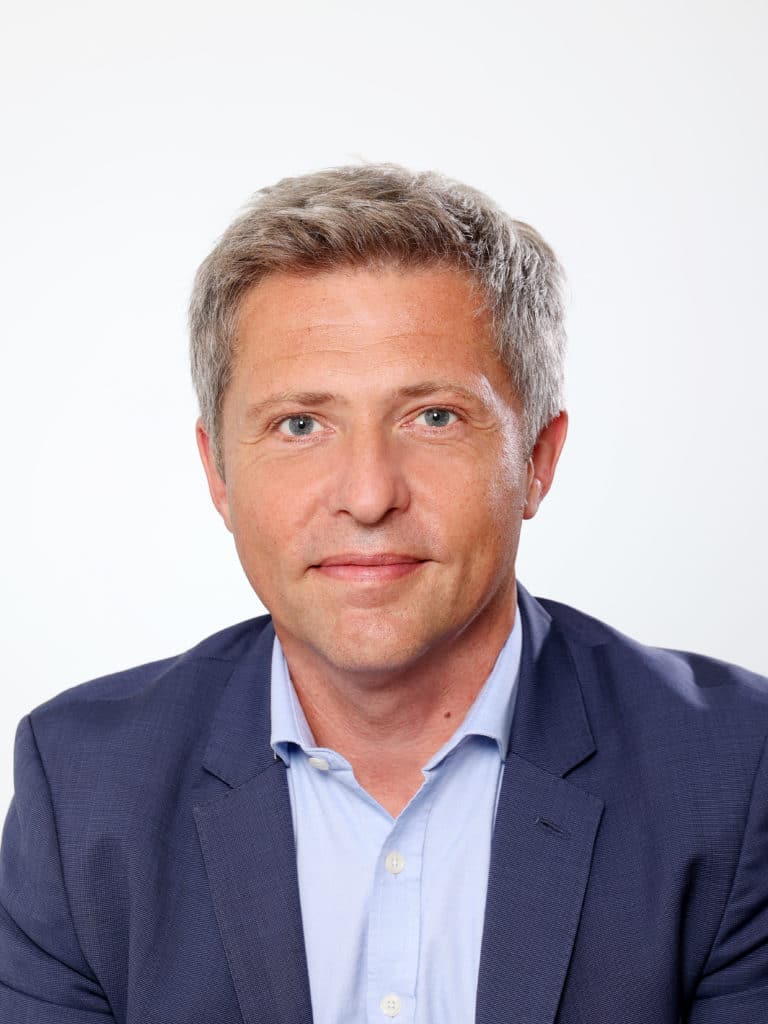The environmental footprint of the digital world has skyrocketed over the last few years. In the case of websites, this is caused by two factors: design and development flaws on the one hand, and poor energy management of hosting servers on the other.
To face this dual issue, France Villes et territoires Durables has chosen to entrust the management of its future web platform’s design to the digital agency Parteja, who will be responsible for developing the project in accordance with the four pillars embodying the four challenges of sustainable cities and territories, as identified by the association. This eco-design approach is both environmentally friendly and beneficial for user experience, as it improves ergonomics and performance.
SOBRIETY
- Simple and clean development of user interfaces and design
- Limiting the use of widgets
- Limiting the use of energy-intensive media (videos in particular)
- Source-code optimisation and lightening
- Compressing media to limit their size when downloading CSS and JS scripts
RESILIENCE
The hosting of future France Villes et territoires Durables web platforms will be provided on servers managed by a company offering the following commitments:
- Reduction and optimisation of data-center energy consumption
- Electricity derived only from renewable energy sources
- Use of servers not sensitive to increased temperatures and choice of air-regulation technique without cooling
- Reuse or recycling of end-of-life servers
- Offsetting CO2 emissions
INCLUSION
- Consideration of the diversity of visitors to our platforms
- Site accessibility for people with disabilities
- Consideration of ergonomics, access to information and the structure of data
- Streamlining browsing processes by limiting the number of pages on which content is presented
CREATIVITY
- Implementation of a “dark mode” design that consumes less energy than screens with light or white backgrounds
- Setting up a cache and a CDN

